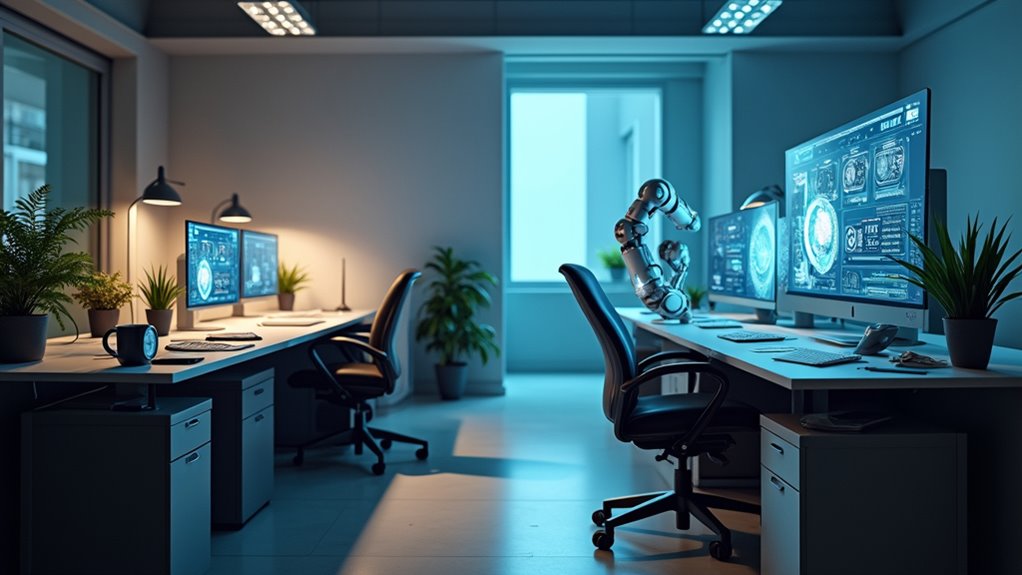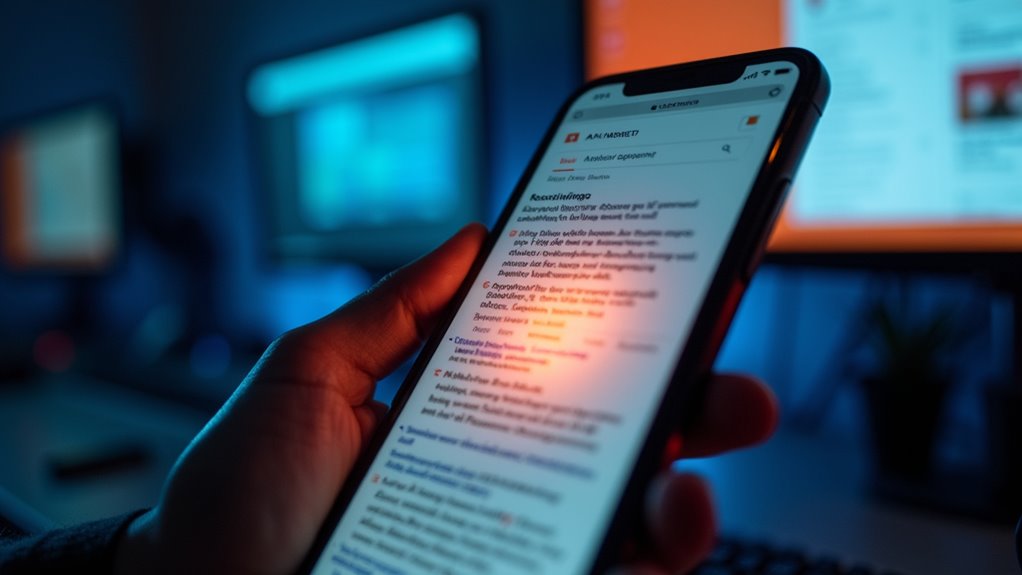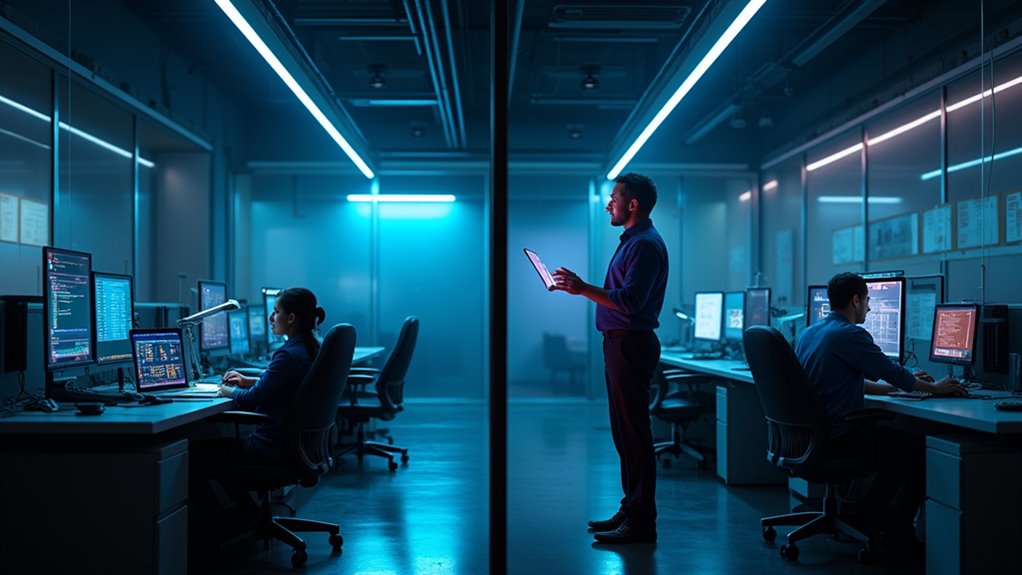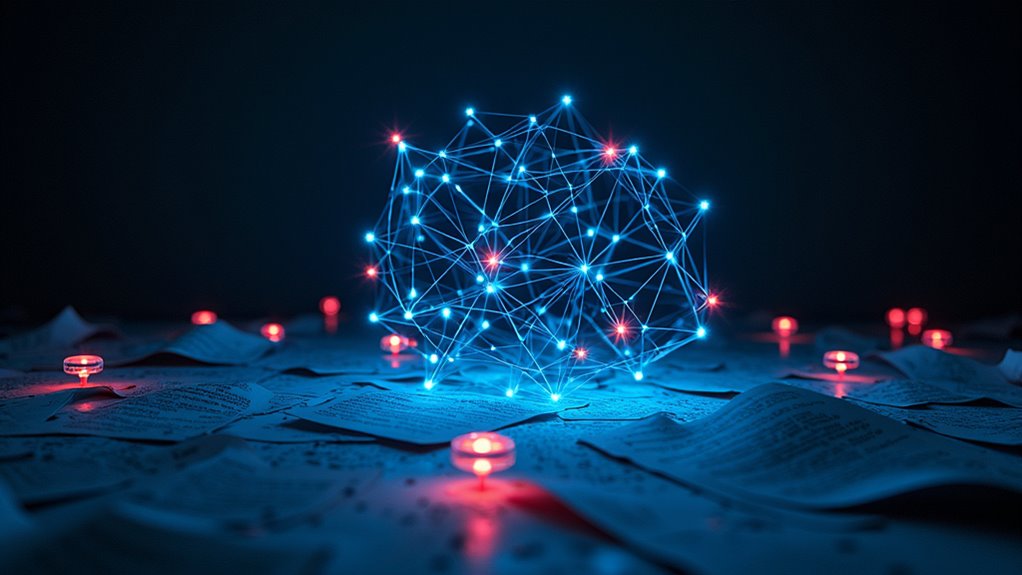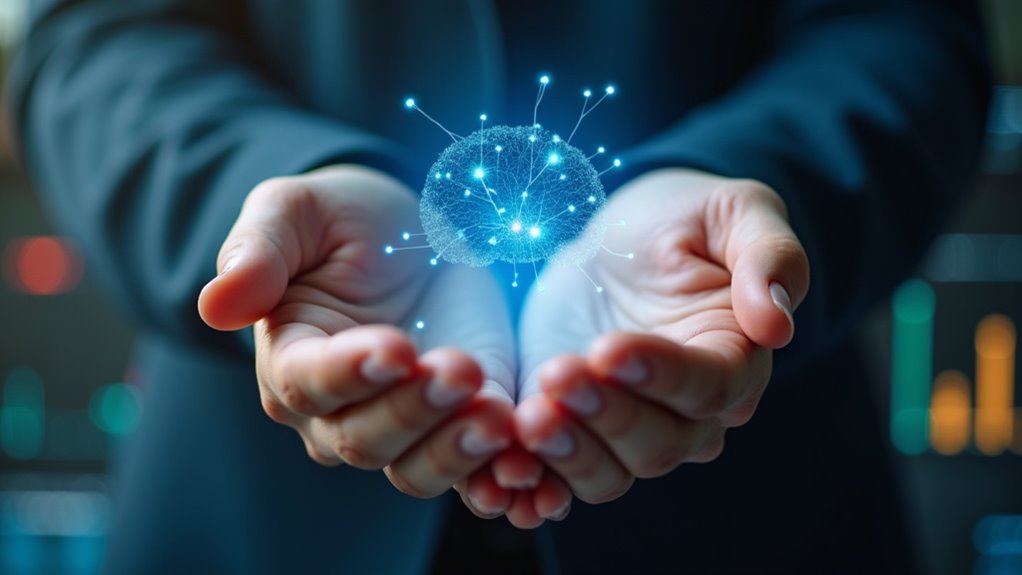AI is flipping the workplace upside down—think fewer humans in entry-level gigs (bye, data entry), spooked Gen Zers wondering if their degree was worth it, and the looming threat of a robot boss with no sense of humor. Around 40% of employers are eyeing layoffs, especially in admin and manufacturing, yet new roles are popping up just as fast (if you’re willing to constantly reskill). Curious about who’s thriving—and who’s dodging pink slips? The rest just might surprise you.
Some numbers hit harder than a Monday morning coffee crash:
Statistics that sting more than your third cup of lukewarm office coffee on a busy Monday morning
- 40% of employers are planning workforce reductions due to AI automation.
- 52% of US workers now have a new kind of workplace anxiety—robots instead of bosses.
- 9 million jobs lost, but 11 million created. Not quite a Thanos snap, but the balance isn’t reassuring.
Younger workers are sweating it more than retirees. Those aged 18-24 have AI-related job security worries that are 129% higher than their 65+ counterparts.
Gen Z isn’t just worried about job loss; nearly half believe AI makes their college degree feel about as useful as a VHS tape. Meanwhile, 15% of US workers are open to having an AI manager—which sounds like the plot of an “Office Space” reboot.
Entry-level jobs are getting the short end of the robot stick. AI is narrowing those pathways, impacting around 50 million US jobs and eroding salary expectations. Many workers aren’t adapting quickly: 63% report they do not use AI much or at all, potentially leaving them at greater risk as automation advances.]
That talent pipeline everyone talks about? At risk, threatening social mobility faster than you can say “algorithm.” More than 7.5 million data entry jobs are predicted to disappear by 2027, showing how quickly automation can hollow out traditional entry points into the workforce.
Industry effects are uneven. Manufacturing, transportation, and admin roles are running for cover, while healthcare and creative fields are learning to “collaborate” with their machine colleagues.
CEOs aren’t blind to this: 1 in 4 expect to cut at least 5% of their workforce thanks to generative AI.
The future? Hybrid workflows, constant reskilling, and—if you’re lucky—working *with* the robots, not for them. Just hope your next performance review isn’t conducted by ChatGPT-5.
